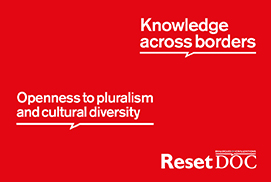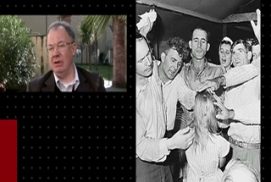11 July 2011
By Nicola Missaglia
From a scientific and philosophical perspective, Al-Jabri believes that the Arab-Islamic school of thought’s current problems in entertaining a harmonious and balanced relationship with the demands of the contemporary world depend on the progressive loss of a rational and scientific dimension that had instead inspired philosophers such as Averroes, Ibn Hazm and Avempace and with which the Islamic religion is, in his opinion, intimately permeated.



